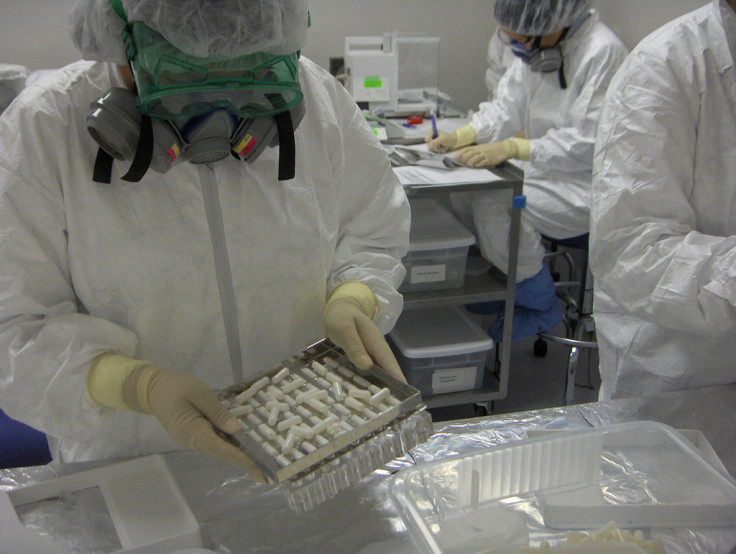France drug trial: What do we know and why do we carry out clinical trials?

Six volunteers have been hospitalised after a medical trial with pharmaceutical company Biotrial went wrong in France. One of the six has been described as "brain dead", while the remaining five are all in a critical condition.
The trial was related to a cannabis-based painkiller, reports newspaper Ouest France. We still do not know the name of the medicine being trialled.
All volunteers are aged between 30 and 50, and a total of eight participants took part in the trial – two of whom received a placebo. French Health Minister Marisol Touraine confirmed that the six hospitalised volunteers were all in a healthy condition before the trial.
"A serious accident took place during a therapeutic trial near Rennes," said Touraine in a statement. She outlined her "deep determination to get to the bottom of this tragic accident".
Biotrial
Biotrial is authorised by the French Medicine Agency (ANSM) for supplying and labelling experimental study products. The company was founded in 1989 and specialises in early development, with locations in France, London, Montreal, Newark and Basel.
Its services do not just include clinical trials, as it also offers bioanalysis, data management, medical writing, and quality assurance and regulatory affairs.
This incident, however, was in the first phase of clinical trials. It was a painkiller, based on a cannabinoid that was taken orally.
Clinical Trials
Drugs have a number of different stages to pass before they are accepted for public use. Usually these tests consist of animal testing and human cell research, before three separate stages of human trials are carried out.
The first phase usually has a small number of volunteers. This is to test its side effects before large numbers of people test the product – almost as a damage limitation some may argue.
Phase II tests the effectiveness of the drug, and what the optimal dosage is. This stage usually asks for a couple of hundred people.
The final stage of trials is a blind trial, where a placebo is used to compare the drug's effects against a control. This can sometimes involve thousands of people.
The Rennes clinical trial accident made it to Phase I before the volunteers were hospitalised.
Why do clinical trials?
Clinical trials have divided the nation on its risks. So, what are the positives and negatives of the trials?
The upside is obviously that scientists may officially discover a cure for a well-known disease. For example, Tamoxifen – a treatment for breast cancer – underwent human trials in the 1980s. It has since saved millions of lives, and Harold Burstein, a breast cancer specialist from Boston said: "Tamoxifen is the most important drug in the history of medical oncology."
On a personal scale, being a volunteer from a trial could potentially mean that you are the first to benefit from the new treatment. Pharmaceutical companies have also been known to pay very well for volunteers – thousands of pounds could be up for grabs.
Of course, trials have gone wrong a number of times in the past. The most famous possibly coming in 2006, from what became known as the Elephant Man trial, where six young volunteers were hospitalised after undergoing trials for the drug TGN1412.
Two of the men became critically ill, and all of them were told that they were likely to develop cancer. One man even lost his fingers and toes. The volunteers described the ordeal as feeling like their brains were "on fire" and their "eyeballs were going to pop out".
Nearly two years later, David Webb, vice president of the British Pharmaceutical Society, told the BBC that things were much better since 2006. Webb said that it is now "much less likely to happen again."
He did say, however: "You can mitigate the risks, but nothing is 100% certain. We can never be sure."
On top of that, usually the volunteers do not get to choose whether they are in the control group or the experimental group. Theoretically, in the same study, volunteers could be sucking on a mint or testing a new cure for one of the world's most deadly diseases.
© Copyright IBTimes 2025. All rights reserved.






















